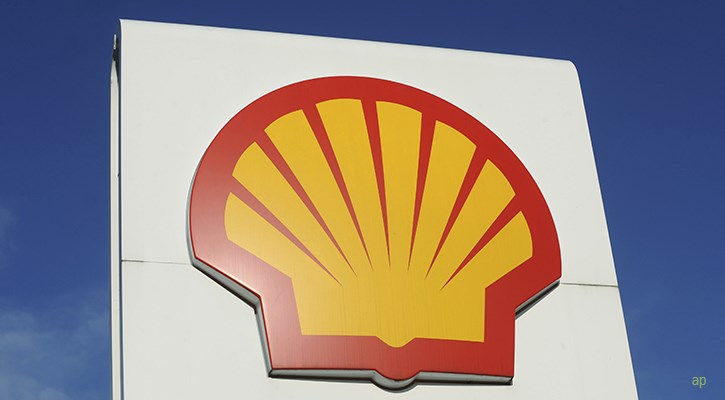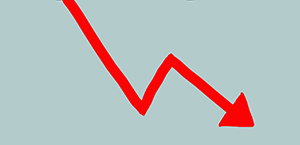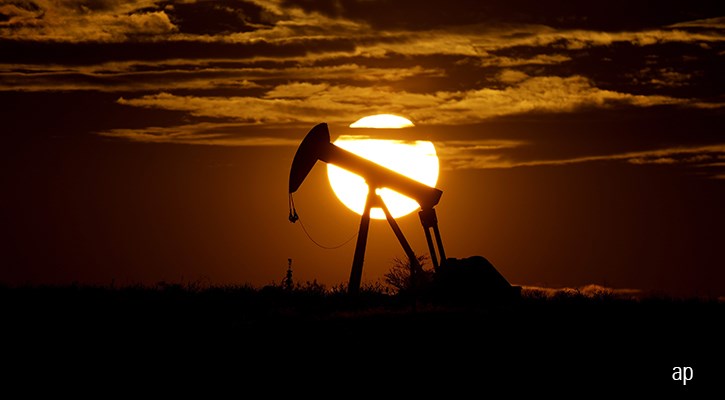
Royal Dutch Shell (RDSB), one of the biggest income payers on the FTSE 100, has cut its dividend for the first time since the Second World War in response to the plunging oil price and coronavirus crisis.
The firm's first-quarter results reveal a staggering 93% decline in pre-tax profit. Chairman Chad Holliday said: “Given the risk of a prolonged period of economic uncertainty, weaker commodity prices, higher volatility and uncertain demand outlook, the Board believes that maintaining the current level of shareholder distributions is not prudent.”
But, unlike many businesses, the firm has not scrapped its pay out altogether. The dividend for the first quarter will now be $0.16, down 66% from $0.47 in same period last year.
The company, like BP (BP.), had held back from announcing cuts to its income payments despite a raft of blue-chip companies suspending and cancelling their dividends during the coronavirus crisis. BP said this week it would maintain its dividend at existing levels despite a slide in the oil price and a 66% fall in profits. It also confirmed its commitment to “net zero” carbon emissions, which it made in February, a pledge that Shell has now followed.
But the move by Shell still came as a surprise to investors – its shares are off more than 6% on the announcement to 1,371p. Rachel Winter, associate investment director at Killik & Co says the move has shocked the market: “The company previously strongly implied it would do anything to keep paying the dividend, but continuing low oil prices have clearly left it with no choice.”
Still, Chris Beauchamp, chief market analyst at stockbroker IG, said the share price fall could have been much worse: “In normal times, such a momentous move would have been the catalyst for a dramatic fall in its shares. But we do not live in normal times, and arguably the oil giant’s board will be pleased that the shares have ‘only’ fallen 6%, a fall cushioned by the knowledge that the stock still yields more than 8% this morning even after the cut.”
A Prudent Move?
While the market reaction was negative, some experts say it is the right thing do. Richard Buxton, manager of the Silver-rated Merian UK Alpha fund, says the decision makes sense in the context of the climate change challenges.
"I applaud the decision of Shell to slash its dividend by two thirds. This was clearly a major move on their part but I applaud it and I look forward to more detail about their plans for energy transition," he says.
Compared to bonds or base rates, the new yield of 3.8% is still impressive: "I’m more interested in adding to Shell now than I was before."
Nicholas Hyett, equity analyst at Hargreaves Lansdown thinks in the long-term, the move is a sensible one for Shell: “Essentially both Shell and BP have been slowly digesting themselves to keep the dividend ticking over. Removing that pressure allows the group to focus on the future and also secures the future of recently announced renewable energy investments.”
The move is likely to cost Shell shareholders round £5.6 billion this year, says Kit Atkinson, head of capital markets at Link, but she thinks it is prudent in the context of such low oil prices. The old dividend was unsustainable in the new reality, she argues.
Oil prices briefly went negative last week as traders struggled to offload May contracts. The price of crude has slumped this year as the global economy entered lockdown measures that drastically cut flights and car journeys, as well as the industrial use of oil products. Shell’s share price has tracked this volatile environment – starting the year at 2,258p the shares briefly touched 916p in the middle of the March sell-off, a fall of just under 60%, although they have rebounded somewhat since.
Morningstar analysts are forecasting a fall in oil demand in 2020 comparable to that seen in the Second World War, but expect a recovery in 2021 as the world economy starts to get back on its feet. Before the cut, Shell’s fair value estimate was maintained at 2,900p per share, meaning analysts think the company is significantly undervalued.
Shell has moved up our list of highest yielding FTSE dividends in recent months because of the fall in its share price in relation to the dividend. Its yield pushed above 10% this year, a level that often indicates to investors that the payout is unsustainable and that a cut is imminent - a signal that proved correct in this instance.



















